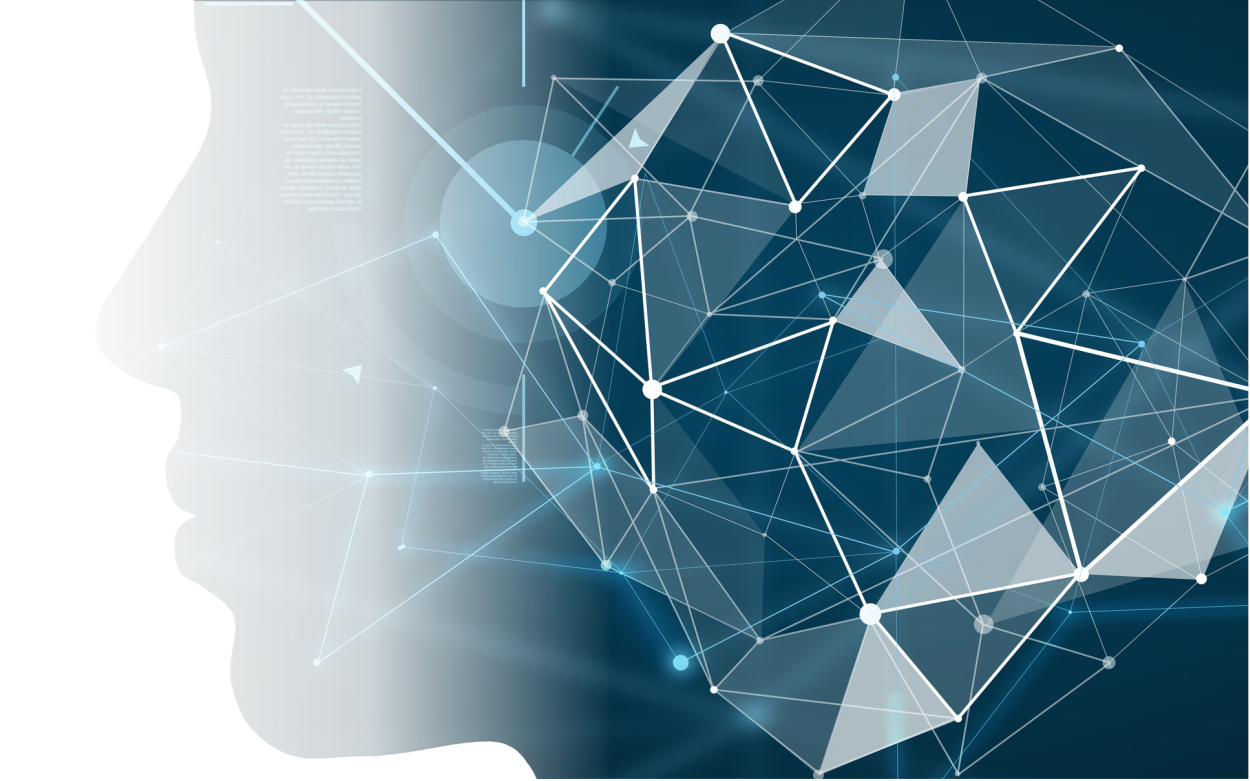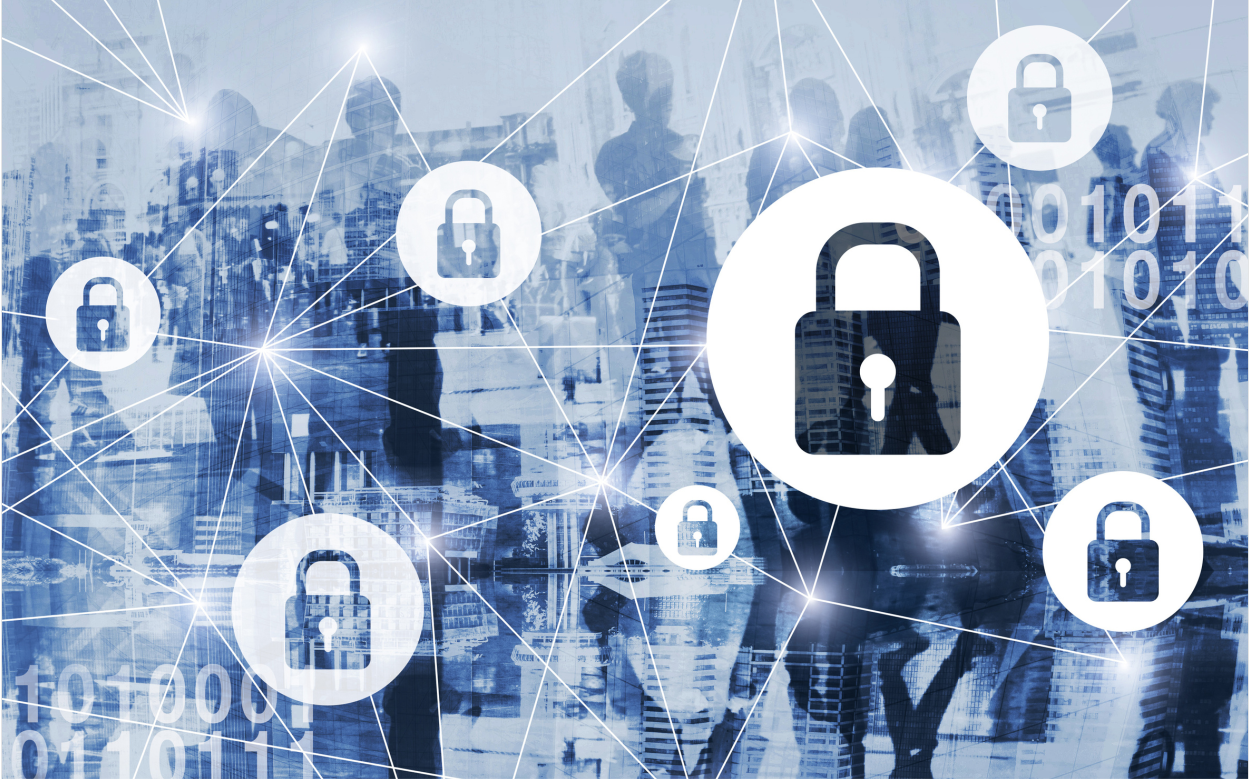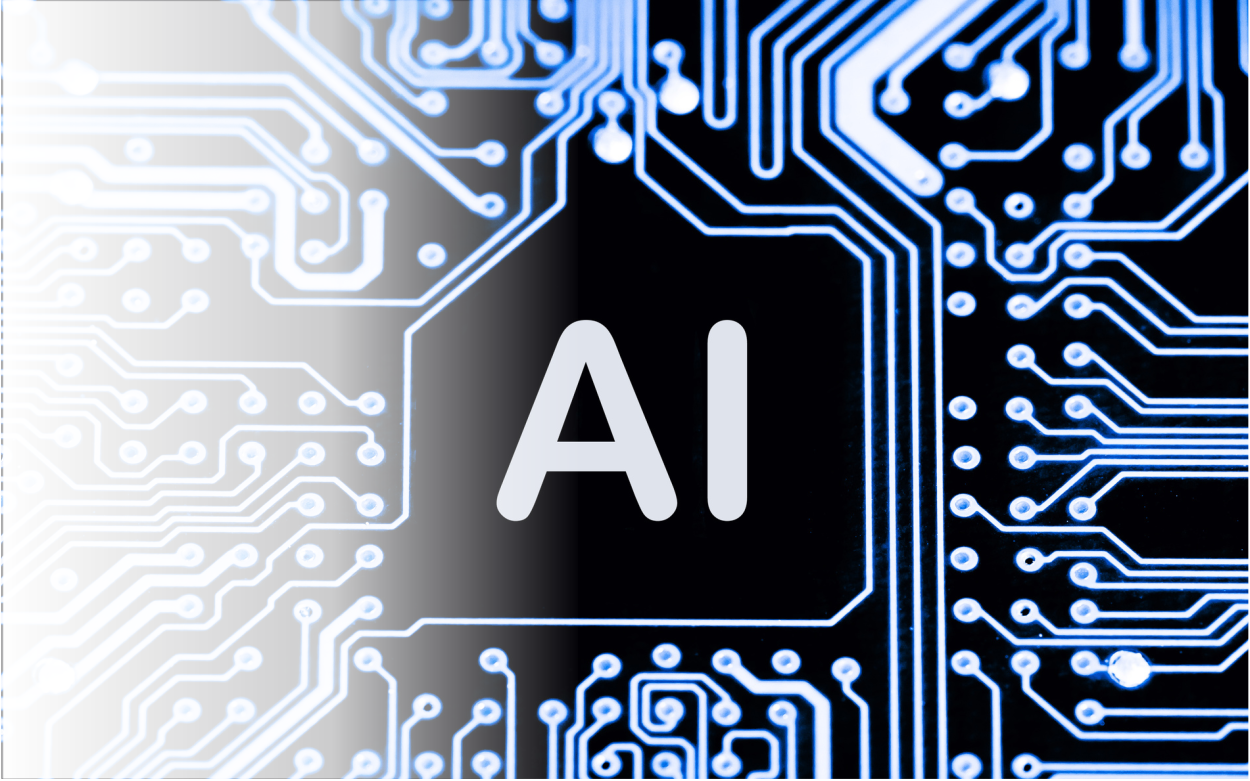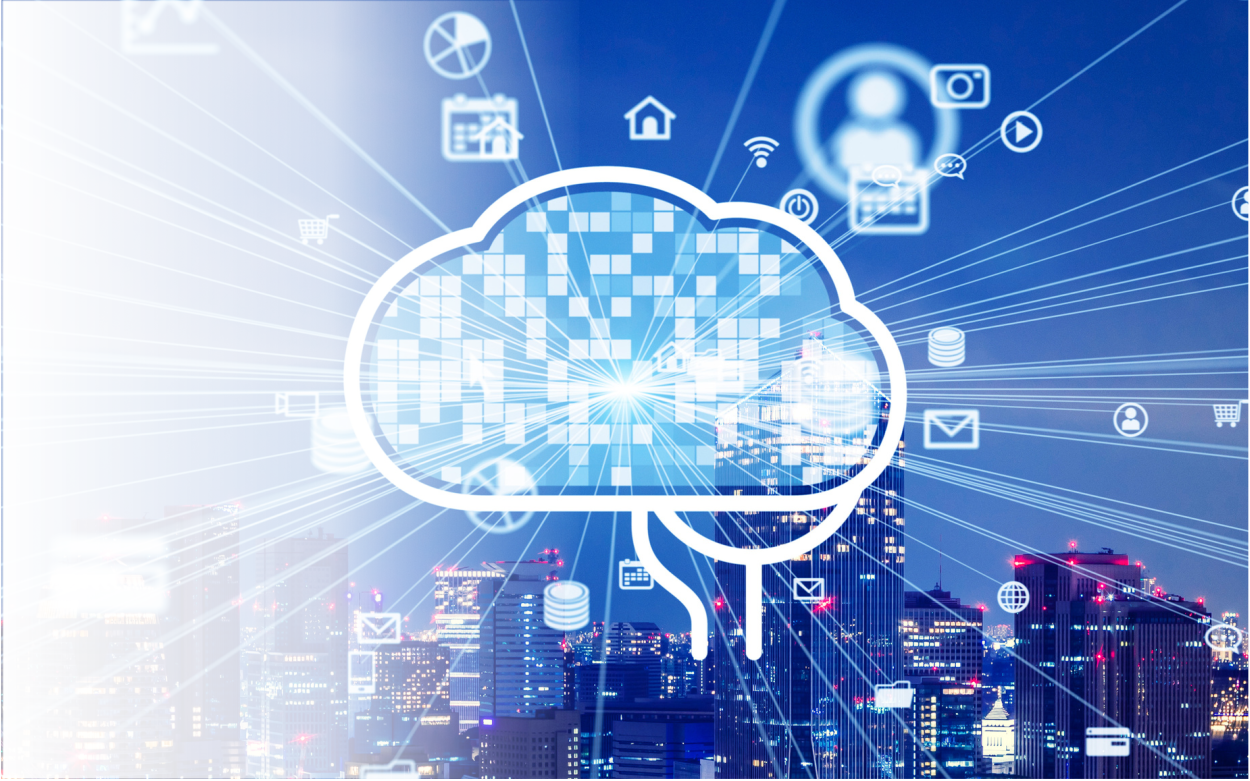Revolutionizing Learning for the Future
In today’s fast-paced world, education and training are evolving rapidly to keep up with advancements in technology, and at the forefront of this transformation is Artificial Intelligence (AI). Once the stuff of science fiction, AI has become a driving force in reshaping how we learn, train, and teach. With its ability to personalize learning experiences, provide instant feedback, and automate administrative tasks, AI is revolutionizing education and training systems globally.
This article will delve into the impact of AI on education and training, its key applications, benefits, and potential challenges, as well as how it can shape the future of learning.
The Rise of AI in Education and Training
AI in education has been growing steadily over the past decade. What started as basic automated grading systems and adaptive learning platforms has now evolved into intelligent tutoring systems, personalized learning environments, and AI-driven administrative tools. This rise of AI in education can be attributed to several factors:
- Access to Big Data: Schools, universities, and training institutions now collect massive amounts of data on students’ learning habits, progress, and outcomes. AI algorithms can analyze this data to identify trends and patterns, enabling more effective, data-driven decisions.
- Advancements in Machine Learning: Machine learning algorithms can now process vast amounts of data and improve their accuracy over time. This allows AI systems to provide more personalized and accurate responses to students’ needs.
- Cloud Computing and Connectivity: The widespread availability of cloud computing and internet access has made it possible to deploy AI systems across different platforms, enabling students to access learning tools anytime, anywhere.
As AI continues to evolve, its applications in education and training are becoming more sophisticated and impactful, reshaping the learning landscape.
Key Applications of AI in Education
- Personalized Learning Experiences
One of the most transformative applications of AI in education is personalized learning. Traditional education systems have long been criticized for their one-size-fits-all approach. Students learn at different paces and have unique strengths, weaknesses, and learning styles. AI addresses this issue by offering personalized learning experiences tailored to individual needs.
AI-powered platforms can assess students’ learning history, performance, and preferences to create customized learning pathways. For example, adaptive learning systems can adjust the difficulty of content based on the student’s performance, ensuring they are neither overwhelmed nor under-challenged. Students who struggle with certain concepts can receive additional practice and resources, while advanced learners can move on to more challenging material without being held back by the pace of the rest of the class.
Personalized learning environments foster a sense of ownership and motivation in students, as they can progress at their own pace and receive targeted support when needed.
- Intelligent Tutoring Systems
AI-driven intelligent tutoring systems (ITS) are another significant innovation in education. These systems provide students with real-time, personalized tutoring, much like a human tutor. Intelligent tutoring systems can identify areas where students are struggling and offer tailored guidance and feedback to help them overcome challenges.
For example, an AI-powered math tutoring system might observe that a student is consistently making errors in solving algebraic equations. The system can then offer targeted exercises, explanations, and hints to help the student understand the underlying concepts. Over time, the system can track the student’s progress and adapt its recommendations accordingly.
These intelligent tutoring systems offer several benefits:
- Accessibility: AI tutors are available 24/7, providing students with support whenever they need it, even outside of regular classroom hours.
- Scalability: Intelligent tutoring systems can support an unlimited number of students, making them a cost-effective solution for schools and training institutions.
- Immediate Feedback: AI systems provide instant feedback, allowing students to correct their mistakes and reinforce their learning in real-time.
- Automated Grading and Assessment
One of the most time-consuming tasks for teachers and trainers is grading assessments. AI has the potential to automate much of the grading process, freeing up educators to focus on more meaningful interactions with students.
AI can already handle grading for multiple-choice and short-answer questions, but advances in natural language processing (NLP) are enabling AI systems to grade more complex, open-ended essays and assignments. AI-driven grading systems analyze the structure, coherence, and content of written responses, providing scores and feedback that align with human grading standards.
Automated grading also eliminates biases that may occur in manual grading. AI can ensure that assessments are evaluated consistently across the board, which helps create a fairer and more objective system of evaluation.
- AI-Powered Administrative Tools
In addition to enhancing learning experiences, AI is streamlining administrative processes in education. From automating attendance tracking to managing course enrollments and scheduling, AI is reducing the administrative burden on educators and school administrators.
AI-powered chatbots, for example, can handle routine inquiries from students regarding course schedules, deadlines, and assignments. This allows teachers to focus on teaching and mentoring, rather than spending time answering repetitive questions.
AI can also assist in optimizing school or university operations. Predictive analytics can help institutions manage resources more efficiently, such as forecasting student enrollment trends and determining the most effective allocation of staff and classroom space.
Benefits of AI in Education and Training
The integration of AI into education and training brings a host of benefits, some of which include:
- Enhanced Learning Outcomes
AI’s ability to provide personalized learning experiences ensures that students receive the right support at the right time, leading to improved academic performance. By focusing on individual strengths and weaknesses, AI helps students achieve mastery more efficiently.
- Increased Accessibility and Inclusivity
AI is making education more accessible to a wider audience. Online platforms powered by AI can provide learning opportunities to students in remote areas or those with limited access to educational resources. AI tools also support learners with disabilities, offering solutions such as speech-to-text, text-to-speech, and adaptive learning materials tailored to their needs.
- Efficiency for Educators
AI takes over repetitive tasks, such as grading and administrative duties, allowing teachers and trainers to focus on high-impact activities like student interaction and curriculum development. By reducing their workload, AI empowers educators to invest more time in creative teaching strategies and one-on-one student support.
- Data-Driven Decision Making
AI analyzes vast amounts of data to provide insights into student progress, learning patterns, and areas of improvement. These insights help educators make informed decisions about curriculum design, teaching strategies, and intervention programs.
- Cost-Effective Training Solutions
In corporate training environments, AI is enabling organizations to deliver cost-effective training programs. AI-powered platforms can provide personalized training modules to employees, track their progress, and assess their skills in real-time. This reduces the need for traditional, in-person training sessions and allows for continuous learning that can be scaled across large organizations.
Challenges and Ethical Considerations
Despite its many advantages, the use of AI in education and training is not without challenges. Some of the key concerns include:
- Data Privacy and Security
AI systems rely on vast amounts of data to function effectively. This raises concerns about how student data is collected, stored, and used. Schools and institutions must ensure that they are adhering to strict data privacy regulations to protect students’ personal information.
- Bias in AI Algorithms
AI systems are only as good as the data they are trained on. If the data used to train an AI system is biased, the system may reinforce existing inequalities in education. For example, if an AI grading system is trained on essays from students in specific socio-economic or cultural backgrounds, it may fail to accurately assess students from different backgrounds.
- Overreliance on AI
While AI can enhance education, it is important not to become overly reliant on technology. The human element in teaching—the empathy, creativity, and personal connection that educators bring to the classroom—cannot be replicated by machines. AI should be seen as a tool to complement, not replace, human educators.
The Future of AI in Education
The future of AI in education is incredibly promising. As AI technologies continue to evolve, we can expect even more sophisticated applications that will further enhance learning experiences.
In the coming years, we may see the rise of AI-powered virtual classrooms where students can learn in immersive, interactive environments tailored to their individual needs. AI may also play a key role in predicting student success, helping educators intervene early when students are at risk of falling behind.
AI will also continue to shape corporate training and professional development, providing organizations with the tools to deliver personalized, on-demand learning experiences that keep employees up-to-date with the latest skills and knowledge.
Conclusion
Artificial Intelligence is reshaping education and training in ways that were once unimaginable. By offering personalized learning experiences, intelligent tutoring systems, automated grading, and enhanced administrative efficiency, AI is revolutionizing the way we teach and learn. While challenges remain, the potential benefits of AI far outweigh the risks.
As we continue to explore the possibilities of AI in education, it is essential to embrace its transformative power while ensuring ethical and responsible use. In doing so, we can create a future where education is more accessible, inclusive, and effective for learners of all ages and backgrounds.







